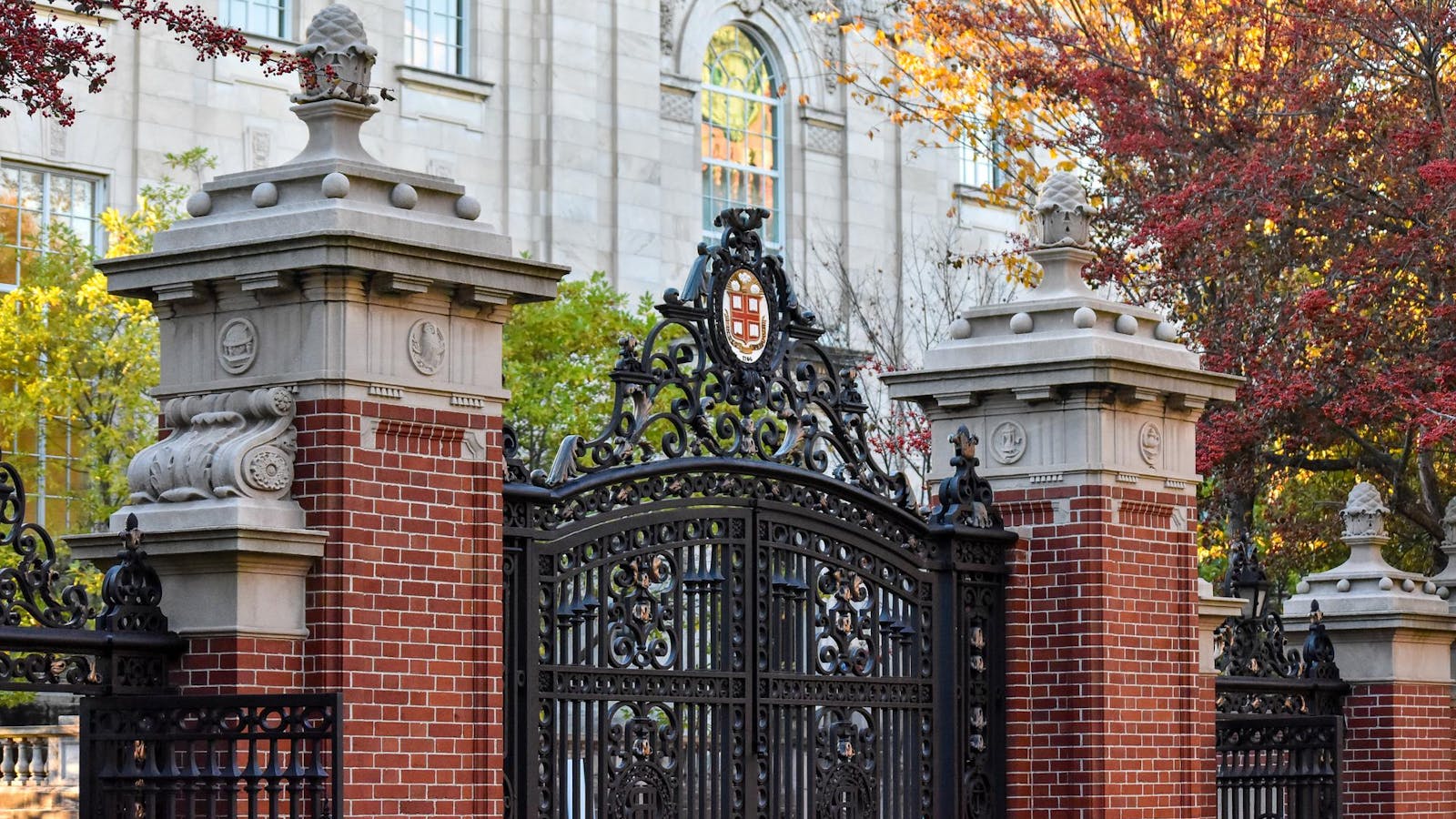Berkwits ’29: The Deterrent Act is more about power than transparency
On March 27, the U. S. House of Representatives passed the Deterrent Act. As it awaits a Senate vote, Brown is continuing its yearslong fight against the piece of legislation. The Deterrent Act is purported to improve research security and reduce foreign malign influence on universities. In reality, however, the bill would function as another federal overreach on institutions of higher education rather than an effective measure for upholding academic freedom. Under Section 117 of the Higher Education Act of 1965, universities are required to disclose foreign donations of $250,000 or more. The Deterrent Act seeks to decrease that gift threshold to $50,000, forcing academic institutions to report all foreign contributions that exceed the new minimum value, to the U. S. Department of Education. In addition, a gift of any dollar amount from a “foreign country (or entity) of concern” must also be disclosed. Finally, the Act lays out additional guidelines in regards to gifts or contracts between individuals faculty and staff and foreign sources. These legislative revisions are ostensibly done in an effort to minimize the influence of foreign political ideologies on American campuses. However, the framework for these disclosures already exists in previous laws, thus “duplicat(ing) existing interagency efforts.” As expressed by the American Council on Education in a letter to Congress, foreign gift reporting is already mandated “under NSPM-33, the CHIPS and Science Act and numerous National Defense Authorization Act provisions.” It is superfluous to increase administrative burden, especially when the bureaucracy of the Department of Education is already getting gutted. Rather than inventing a new mechanism for reducing ideological influence, the Deterrent Act functions as a demonstration of strength for President Trump another method to make universities submit to his will. The Act, which was crafted by House Republicans and has received bipartisan support, may not have been created with the sole intent of serving Trump’s higher education agenda. Still, its language aligns with the rhetoric of Trump’s subsequent executive order entitled “Transparency Regarding Foreign Influence at American Universities.” In practice, if the Act passes, it will serve as a tool for the Trump administration to continue to tighten its control of academia. From federal land grants in the 1800s, to work-study during the Great Depression, to the GI Bill, the federal government has played a longstanding and crucial role in universities. The ratification of the Higher Education Act cemented the relationship in 1965 and has since resulted in the federal government’s involved financial support through programs such as the FAFSA and Pell Grants. All this is to say, an exchange of influence and funds between universities and the federal government is not a new phenomenon. However, in the past year, this relationship has been redefined, demonstrated by the significant federal cuts to university research funding and a freeze of grant funding to specific universities, including Brown. These events have instituted a new power dynamic between both parties one in which the president uses federal funding as political leverage. The Trump administration and advocates claim they are trying to halt ideological influence with the Deterrent Act, and yet this piece of legislation is just another political ploy to further their own ideological battle. And, despite the nefarious nature of foreign influence the act clearly suggests, Trump pays no heed when it is to his benefit. Whether it is a portrait from Russian President Vladimir Putin, a jet from Qatar, many golf clubs from Japan or Russian elites investing nearly $100 million in his buildings, Trump is no stranger to a foreign gift. Additionally, according to Citizens for Responsibility and Ethics in Washington, Trump, or his companies, received $13. 6 million from foreign payments during his first term. Foreign gifts infiltrate the White House, so why is higher education where the line is drawn? It is true that financial “transparency, accountability and clarity” are both necessary, and oftentimes lacking, at universities. If foreign governments, of any sort, are infiltrating American institutions to further their own political agenda for example the “U. S. based researchers. arrested for illegally collaborating with China” the alarms of academic independence should sound. However, this act does not make significant strides towards securing our academic freedom. Instead, it deepens the federal government’s encroachment. I urge the Brown community to think back to the “Compact for Academic Excellence in Higher Education” offered by the federal government last month. Rejecting the compact, a choice largely praised by the Brown community, was a step towards academic integrity and freedom. These are the steps we must continue to take. Steps of autonomy and independence. Universities are reliant on external actors to run, but that does not mean we should be indebted to them. Despite its longstanding history, as a university, we should ensure that no gifts we take come with strings. The issue isn’t foreign gifts; it is extrinsic influence both domestic and abroad. Talia Berkwits ’29 can be reached at talia_berkwits@brown. edu. Please send responses to this column to letters@browndailyherald. com and other opinions to opinions@browndailyherald. com.
